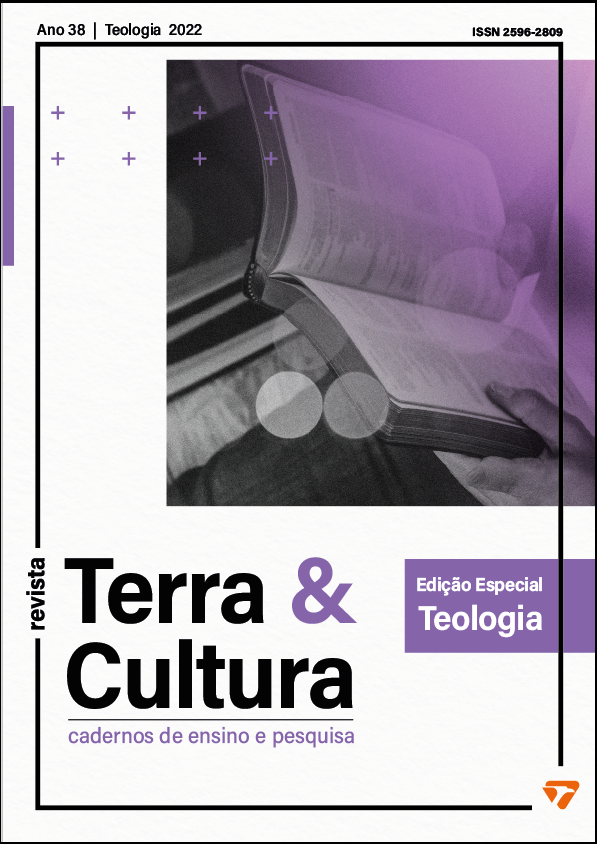The protestant reformation and its aftermath
Abstract
History is engendered by facts and subjects that integrate it over time, which may or may not bring permanent changes. In the centuries before the Protestant Reformation, political power was centralized in the monarchy, so there was an ongoing conflict between church and state, the papacy declined, and papal authority saw its downfall. Consequently, a phase of history marked by the moral crisis of the Catholic religious clergy and medieval heresies, triggered the movement known as the Protestant Reformation. The Protestant Reformation represents an important event that incorporated social, intellectual and political factors, having as its main starting point the religious reform through the corruptibility of the medieval church. In the 16th century, men of great intellect rose up to reform the church, men of scholars who skilfully understood the Holy Scriptures and rejected false doctrine, strenuously defended everyone's access to the Bible. The Protestant Reformation and its participants shaped the intellect of individuals in the Modern Age. The main purpose of this bibliographical research is to describe the history of the Protestant Reformation and its developments, presenting the context in which it took place and the main names responsible for its process. Thus, the legacy left by the reformers marked history and still persists today.









